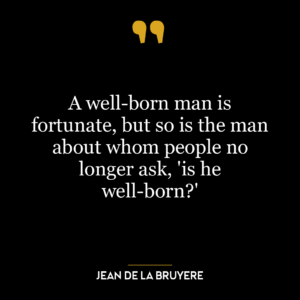This quote is about the nature of truth and its impact on society or individuals. It suggests that truth, while unchangeable and absolute, can lose its potency over time or through deliberate obfuscation. The quote implies that the power of truth is not in its existence, but in its timeliness and relevance. If the truth is delayed or concealed until it becomes irrelevant or people lose interest, its impact is essentially nullified.
This concept is often seen in politics, where information may be withheld or released strategically to manipulate public opinion or to avoid the repercussions of a scandal. By the time the truth comes out, the public’s attention may have moved on to other issues, reducing the fallout from the revelation.
In the context of personal development, this quote could be interpreted as a warning about the dangers of self-deception or procrastination. If one continuously delays facing a personal truth, such as a flaw or a mistake, it might become easier to ignore or dismiss it over time. However, this doesn’t mean the issue has been resolved; it’s merely been buried by time and avoidance. For genuine growth to occur, one must face the truth promptly and directly, no matter how unpleasant or uncomfortable it may be.
Moreover, it’s a reminder that the truth always holds value, even if it’s not immediately recognized or appreciated. Delaying or hiding the truth doesn’t alter its reality; it merely postpones the inevitable. Therefore, it’s more beneficial to be honest and transparent, both with oneself and others, from the outset.











